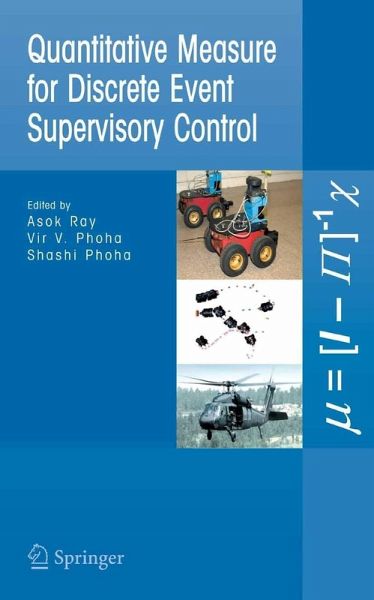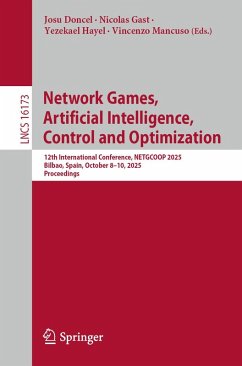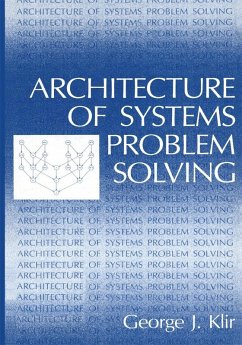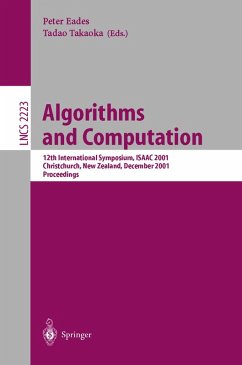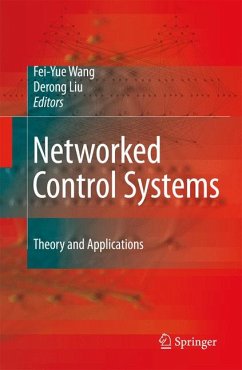Dr. Asok Ray, Distinguished Professor of Mechanical Engineering, Pennsylvania State University. Previously worked at Carnegie Mellon University, Massachusetts Institute of Technology, Charles Stark Draper Laboratory, and MITRE. Fellow of IEEE; Fellow of ASME; Associate Fellow of AIAA; Professional Engineer. Editor of IEEE Transactions on Aerospace and Electronic Systems; Editorial Board Member, Advances in Industrial Control Series, Springer-Verlag, London; Associate editor of IEEE Transactions on Control Systems Technology; Associate Editor, The International Journal of Structural Health Monitoring (IJSHM); Associate Editor, International Journal of Flexible Manufacturing Systems; Past Associate Editor, ASME Journal of Dynamic Systems, Measurement, and Control (1992-1995). Author of over 350 research publications and book chapters including a Springer-Verlag, London monograph, Intelligent Seam Tracking for Robotic Welding (1993). More details are available at http://www.me.psu.edu/Ray/. Dr. Vir V. Phoha, Associate Professor of Computer Science in the College of Engineering and Science at Louisiana Tech University. Has won various distinctions including outstanding research faculty and faculty circle of excellence award at Northeastern State University, Oklahoma, and as a student was awarded President's Gold medal for academic distinction. Author of over 35 publications and author of two books: (1) Internet Security Dictionary, Springer-Verlag (2002) and (2) Foundations of Wavelet Networks and Applications, CRC Press/Chapman Hall (2002). Dr. Shashi Phoha, Director of Information Science and Technology Division at the Applied Research Laboratory and Professor of Electrical and Computer Engineering, Pennsylvania State University. Founder and Director of a University/Industry consortium for establishing a National Information Infrastructure Interoperability Testbed, funded by DARPA. Member of theBoard of Directors of the International Consortium CERES Global Knowledge Network, along with representatives of thirteen other international universities. On the Board of Directors of Autonomous Undersea Vehicle Technology Consortium for International Cooperation Between Research, Technology, Industry and Applications. Panelist on the National Information Infrastructure Standards Panel (ANSI). Author of over 150 scholarly articles and book chapters. M.S. Cornell University, Ph.D. Michigan State University.
